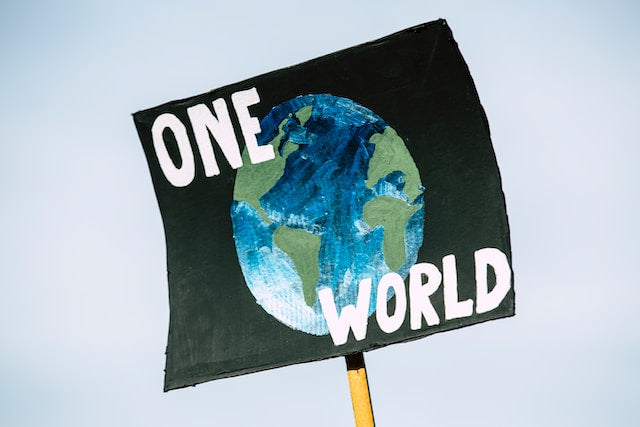

Earth Day, celebrated annually on April 22nd, is a day dedicated to honoring the environmental movement's achievements and raising awareness of the need to protect our planet's natural resources for future generations. However, many people may not be aware of the history and significance of this important day.
The first Earth Day was celebrated on April 20, 1970, after Americans became increasingly aware of the dangers of leaded gas and the negative impact of industry on the environment. At that time, air pollution was seen as a sign of prosperity, and mainstream America remained largely oblivious to the environmental concerns and their impacts on human health. The publication of Rachel Carson's bestselling book, Silent Spring, in 1962, was a turning point that raised public awareness and concern for the environment, living organisms, and the links between pollution and public health. By 1990, Earth Day had become a global event, and it continues to be widely celebrated today.
In recent years, sustainability has become a hot topic, and the issue of climate change has become increasingly apparent. It is more important than ever to take action and create a healthier world for future generations. Earth Day provides an excellent opportunity to learn more about how to get involved in the community and promote a sustainable future.
There are many ways to participate in Earth Day activities, from cleaning up local parks and waterways to attending educational events and advocating for environmental policies. Whether you're an individual or part of an organization, there are many ways to make a positive impact and help protect our planet's natural resources for generations to come.
